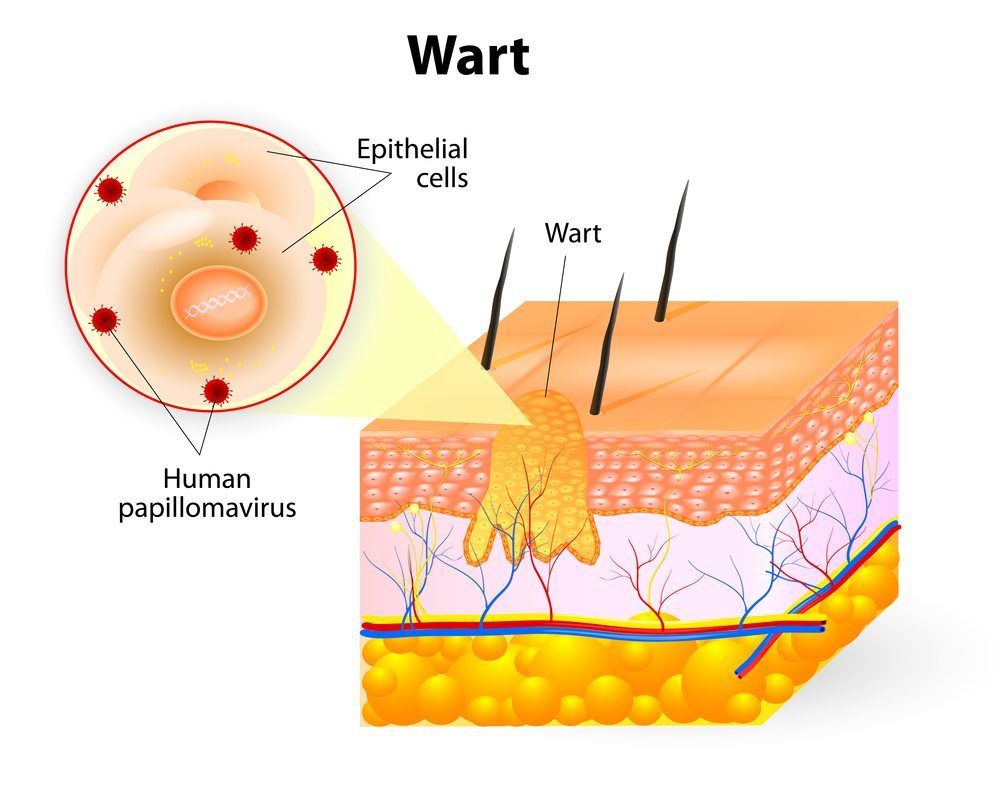Genital warts appear on the genitals after sexual contact with an infected person. Often warts do not appear for many months or years after contracting the virus responsible for them. Although not all people who come in contact with genital warts will get them, those who do can experience symptoms ranging from mild to severe. Some patients with genital warts get only a few single warts that are spread out and easy to manage. Others get many warts, some of which may be clustered together to form a cauliflower-like appearance. Other symptoms include small, skin-colored bumps or any type of raised growths in the genital area.
Did you know…
that genital warts are a sexually transmitted disease? They develop as a result of the human papillomavirus, or HPV. There are many different types of HPV, each of which can cause different complications. Only a few types of HPV can lead to genital warts. Unlike some other STDs, which are primarily contagious during flare-ups, the HPV virus that causes genital warts can spread from an infected person to a sexual partner even when symptoms are not visible.
Frequently Asked Questions
Should I be treated for genital warts?
The choice to seek treatment for genital warts is up to you though doing so may help reduce itching and discomfort. Furthermore, removing genital warts can provide a boost in self-confidence and also reassurance that the growths are indeed warts and not cancer.
What should I expect during genital warts treatment?
Your genital wart treatment will depend on the severity of your symptoms and your goals for treatment. Topical ointments are one of the most common treatments, as they can help stop warts from growing larger and also encourage the body’s immune system to kill the HPV virus. If you are concerned about the appearance or discomfort of your warts, in-office procedures like cryosurgery and laser treatments can remove them altogether. However, removing warts does not remove the virus, so wart can grow back with time.
Is there anything I can do to facilitate the treatment process and improve my outcome?
The most important thing you can do to aid in your treatment process is to avoid over-the-counter wart medications, which are not manufactured for genital warts. Also, continue to get periodic pap smears, as certain types of HPV are also linked to other serious health issues like cervical cancer.


